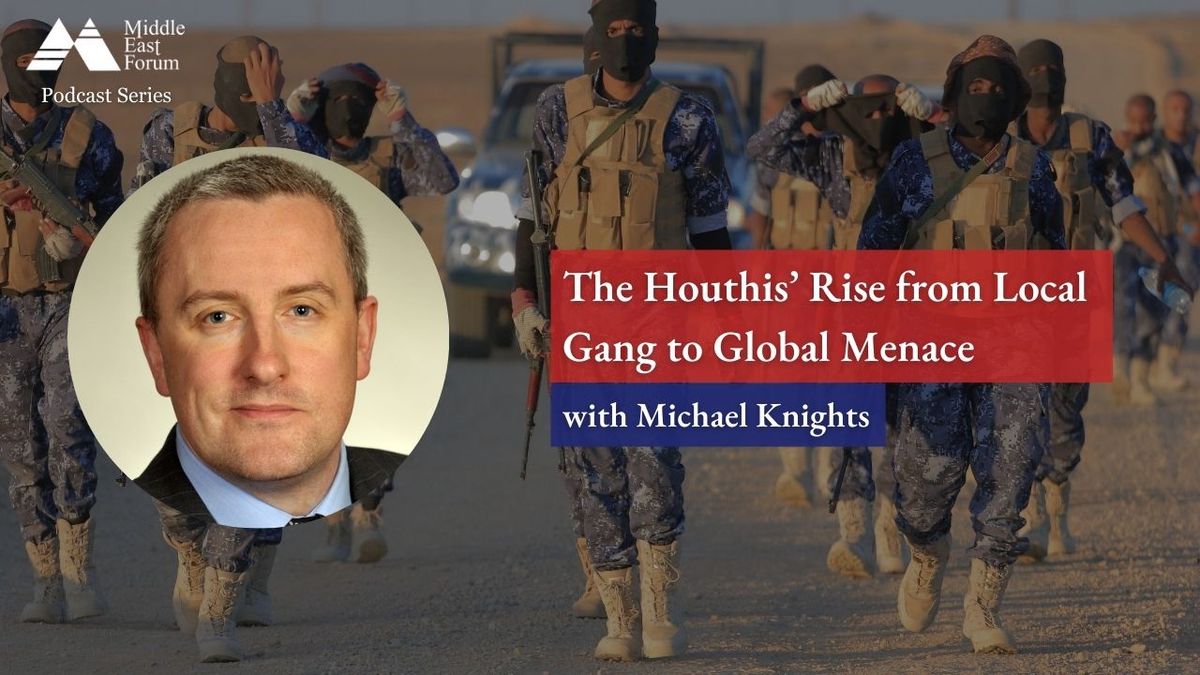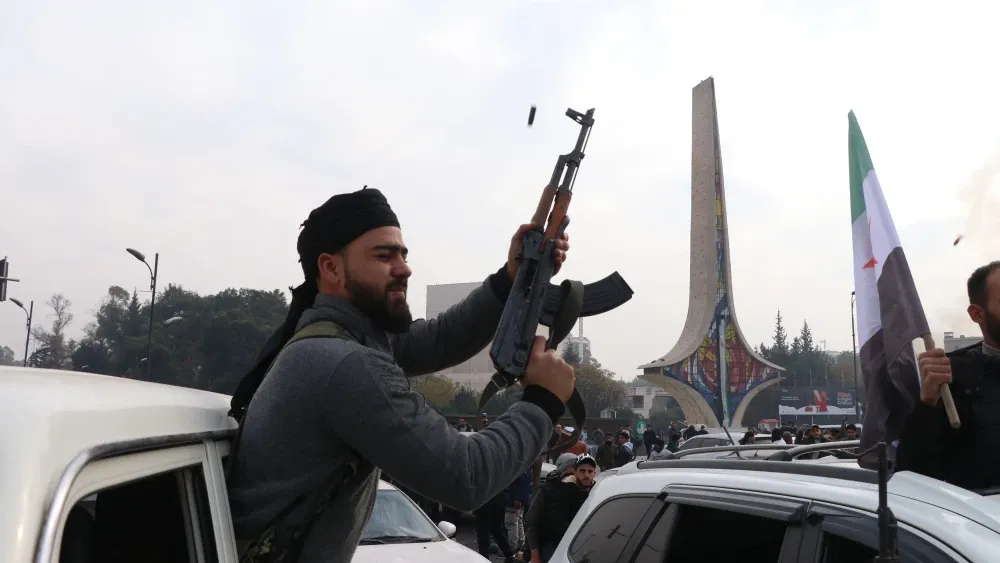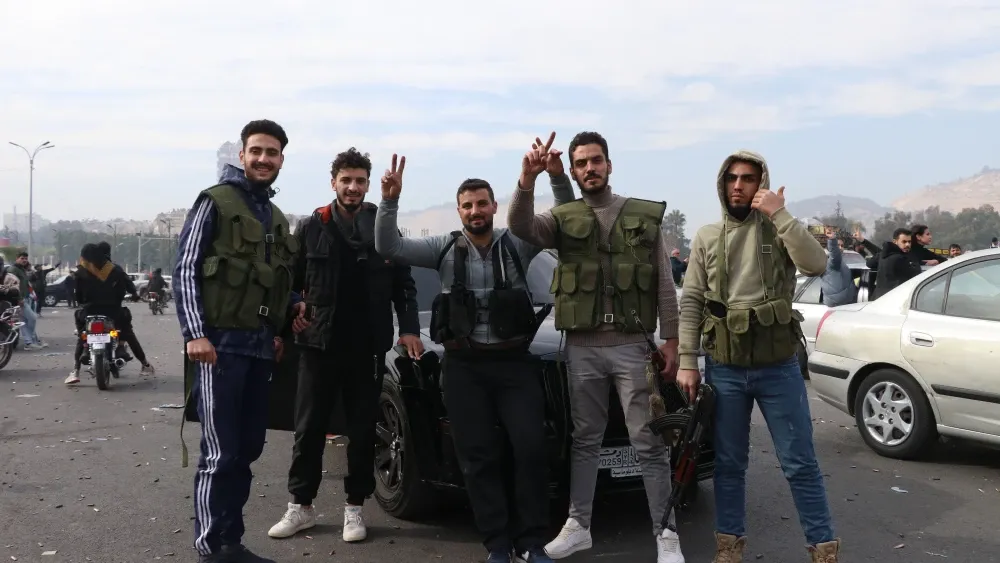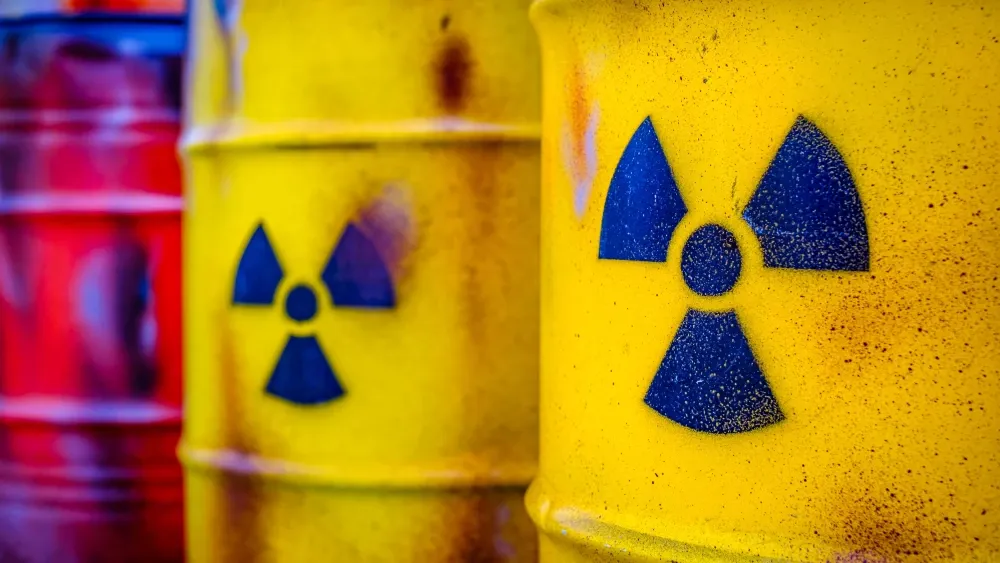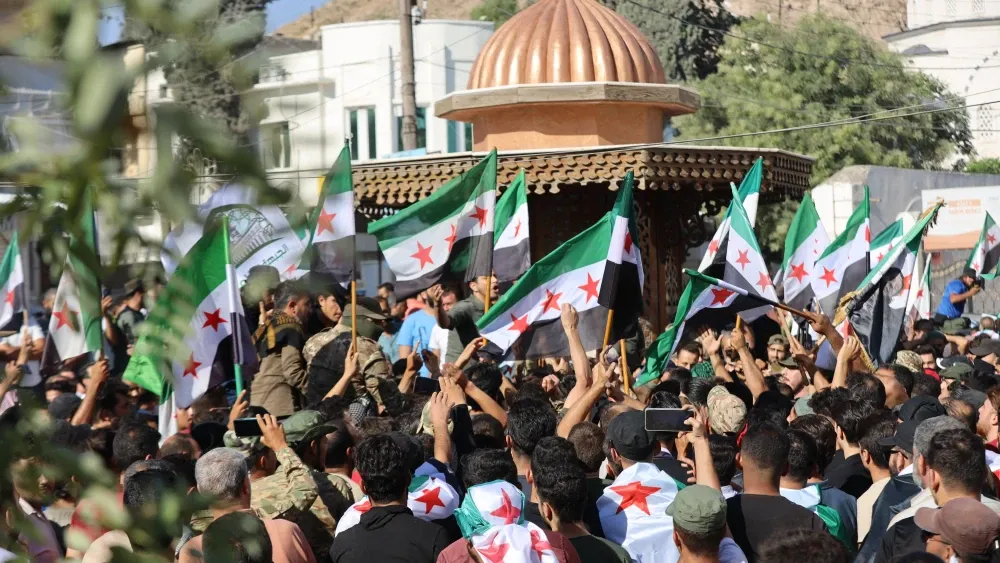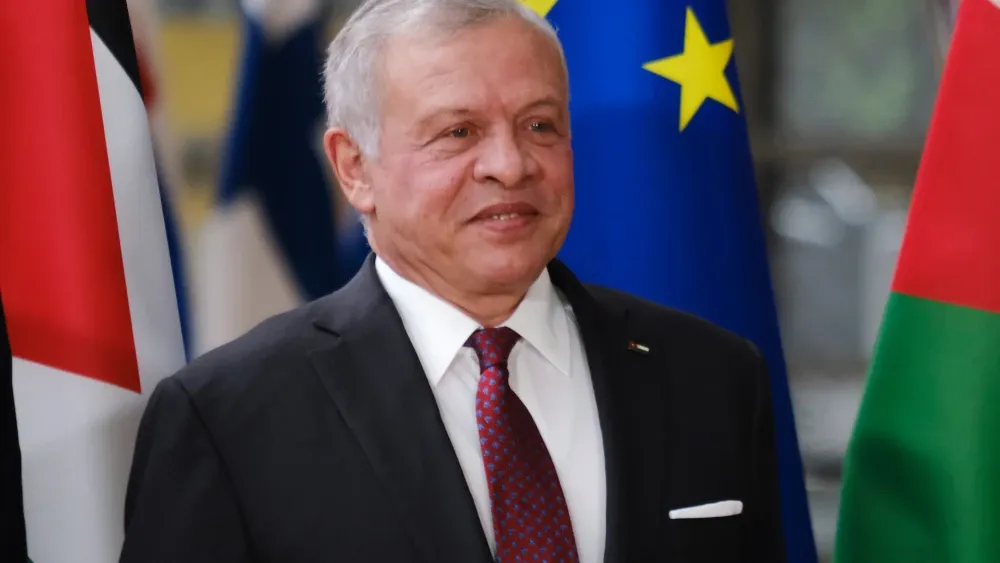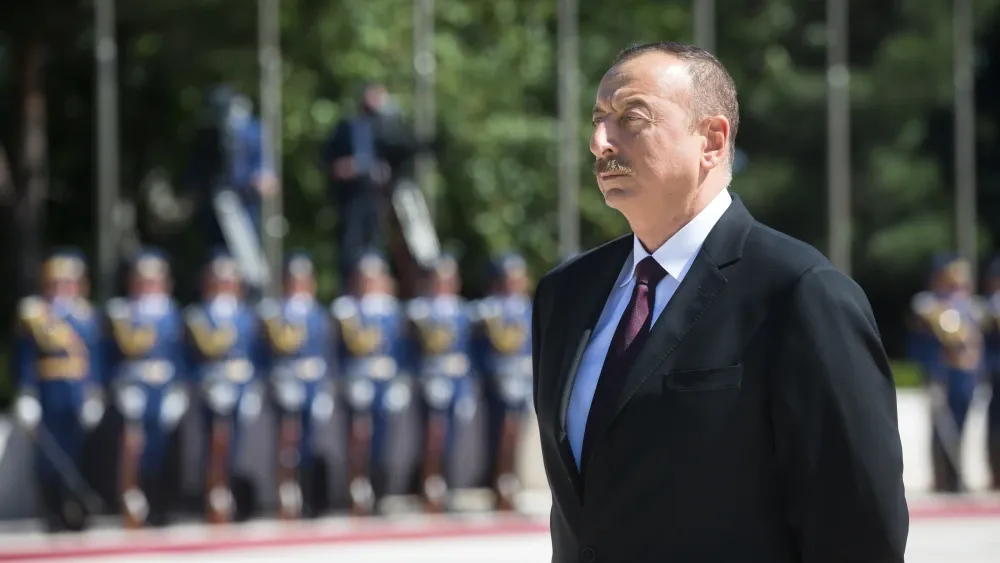| ||
 | ||
| MEF Dispatch: Navigating the Post-Assad Middle East By Ahnaf Kalam ● Dec 16, 2024 Smart Brevity® count: 6.5 mins...1747 words This edition examines the implications of governance by Hay'at Tahrir al-Sham (HTS) in Damascus and offers insights into potential future Syrian leadership. We also discuss the power shifts following Assad's ouster, identifying beneficiaries like Turkey and Qatar, and the risks of new regional conflicts. This edition also explores the critical issue of unsecured chemical weapons in Syria, draws historical parallels to the strategic maneuvers of HTS leadership, and analyzes how these shifts might influence Iran's regional standing. Finally, we consider the political futures of leaders in Jordan and Azerbaijan, question their stability in the wake of Assad's fall, and provide a comprehensive look at the region's evolving dynamics. | ||
ICYMI: The Houthis’ Rise from Local Gang to Global Menace with Michael KnightsThe Houthis of Yemen, once a minor Iran-backed militia, have emerged since Oct. 7 as a major force within Tehran’s “axis of resistance” due to their drone and missile attacks on ships in the Red Sea, their alliances with al-Shabaab and other jihadis, and their arms deals with Russia. This transformation raises urgent questions: What enabled it? How does the Houthis’ power affect regional dynamics? How have they managed to impede international trade for over a year? How best to counter this threat? Michael Knights, a senior fellow at the Washington Institute for Near East Policy, specializes in the military and security issues. He has directed intelligence teams in Iraq, Libya, and Yemen, served as a defense journalist, and led analysis for security and oil companies. Mr. Knights holds a doctorate from King’s College London. To watch the full podcast episode, click here. | ||
What Al-Jolani’s Past Can Reveal About Syria’s FutureAl-Jolani's governance in Idleb offers insights into Syria's future under his leadership. Why it matters: Understanding HTS's administration in Idleb is crucial as it may offer useful clues on how the group will govern Syria.
Governance style: HTS has historically maintained control through repression.
Strategic foresight: Turkey’s support was pivotal for HTS's survival and eventual dominance.
What’s next: Al-Jolani's governance model might extend to other regions in Syria, challenging regional stability.
To read the full article, click here. | ||
Winners and Losers: Who Will Benefit in Assad Regime’s Fall?The fall of Assad's regime has triggered a significant reconfiguration of power dynamics in Syria. Why it matters: Understanding who benefits from the regime's fall is crucial for anticipating future regional shifts.
Who benefits: Turkey and Qatar have emerged as key players, having supported HTS's rise.
Challenges ahead: The new power structure faces potential internal conflicts and regional threats.
To read the full article, click here. | ||
Syria’s Chemical Weapons Crisis Demands ActionThe vulnerability of Assad's chemical weapons stockpiles presents a critical security challenge. Why it matters: The unprotected arsenals pose a significant threat to regional stability and global security.
Immediate actions required: The U.S. faces urgent imperatives to secure these weapons.
International collaboration: Cooperation with regional partners and allies is crucial.
America's strategic decisions now will shape Middle East security for decades. The time for decisive action is critical. To read the full article, click here. | ||
Syrian Rebel Leader Borrows a Page from Khomeini and Erdoğan’s Playbook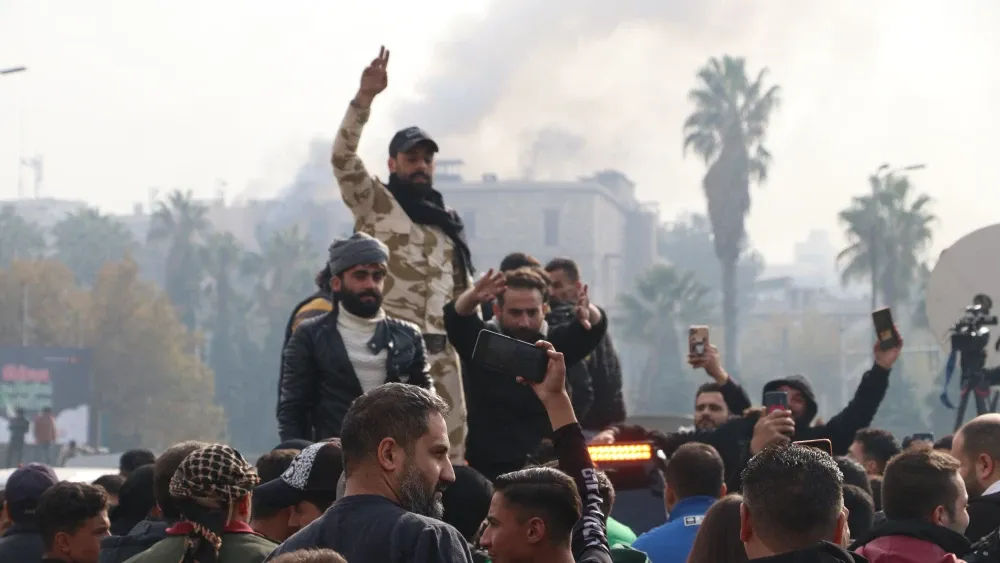 By: Michael Rubin Jawlani's (Jolani) rise in Syria mirrors historical strategies by Khomeini and Erdoğan, raising concerns about future intentions. Why it matters: The leadership style of Jawlani, head of Hay’at Tahrir al-Sham, suggests potential instability in the region.
Strategic facade: Jawlani's public moderation contrasts with underlying radical ideologies.
Potential threats: The consolidation of Sunni militant control in Syria could destabilize neighboring regions.
To read the full article, click here. | ||
Assad’s Ouster Strikes a Blow to Iran, Though Maybe Not a Fatal One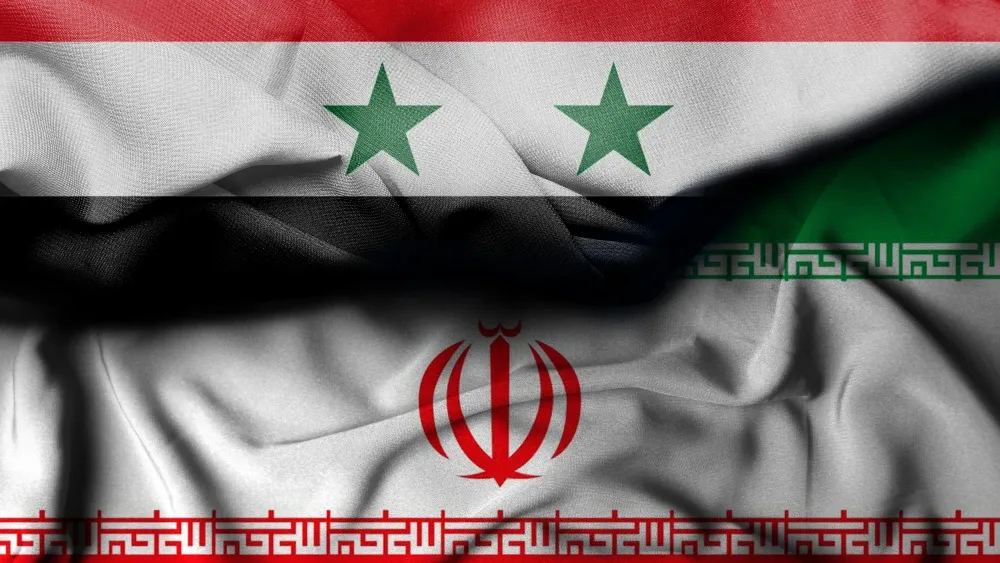 By: Shay Khatiri Assad's removal has challenged Iran's influence in Syria, prompting a strategic reevaluation. Why it matters: Iran's response to Assad's fall could reshape its future role in Syria and the region.
Strategic parallels: Iran's approach mirrors its past pragmatic shifts.
Regional dynamics: The broader geopolitical landscape influences Iran's strategy.
Iran's tactical maneuvering post-Assad highlights its enduring ambition to maintain influence in the Middle East. To read the full article, click here. | ||
Support MEF: Help Defend Western Values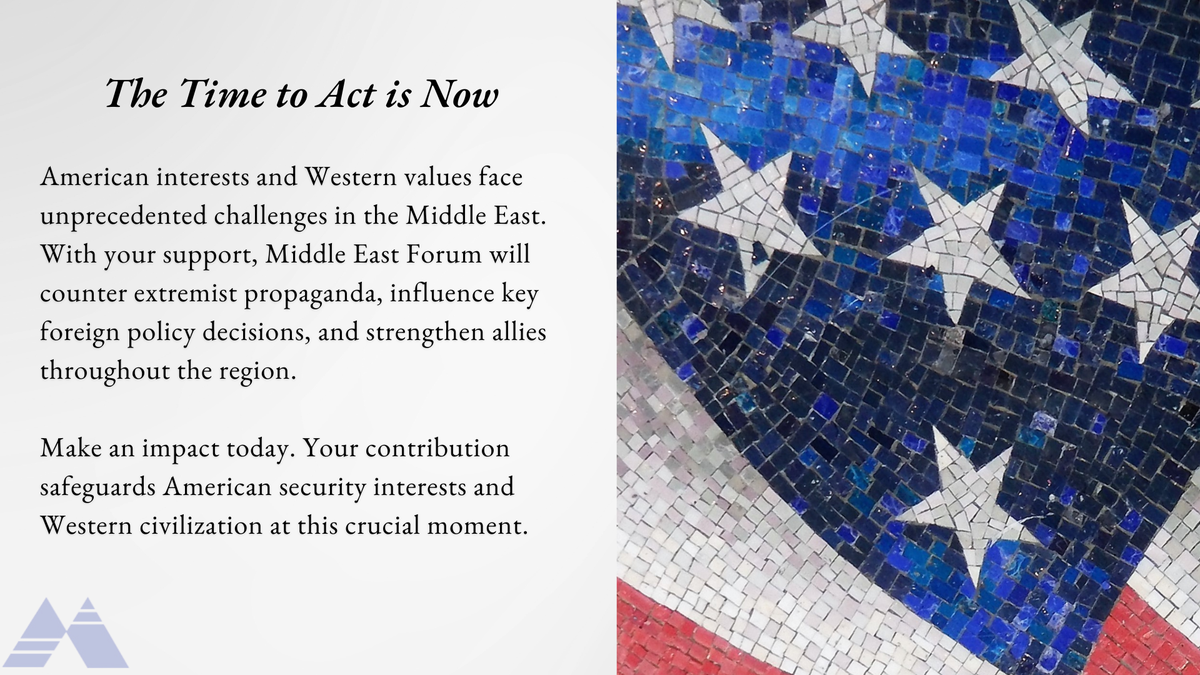 The time to act is now. Critical opportunities lie before us to shape policy, expose Islamist propaganda and strengthen our Middle East allies on the front lines of conflict. Your tax-deductible gift powers our mission to uncover extremist networks, transform public debate, and advance strategic policies through key partnerships. As global threats intensify, your support ensures we continue delivering measurable results. Will you help us protect the democratic principles that define our civilization? Click here to make a tax-deductible gift to the Middle East Forum. | ||
Another Revolution Gets Hijacked in the Middle EastThe fall of Assad highlights ongoing challenges in achieving true democratic change in the Middle East. Why it matters: The cycle of uprisings and elite control threatens the democratic dreams of millions in the region.
Challenges ahead: True democracy in Syria remains elusive amid external influences.
Path forward: Protecting democratic experiments is crucial for regional stability.
To read the full article, click here. | ||
Is Jordan’s King Abdullah II a ‘Dead Man Walking’?King Abdullah II faces mounting challenges as regional dynamics shift following Assad's fall. Why it matters: Jordan's stability is crucial for regional security, but internal and external pressures are rising.
Geopolitical pressures: External influences threaten to reshape Jordan's political landscape.
Strategic implications: Jordan's position as a moderate ally is at risk.
To read the full article, click here. | ||
Could Azerbaijani President Ilham Aliyev Collapse Like Assad?Azerbaijani President Ilham Aliyev's reign faces potential challenges similar to those that led to Assad's downfall. Why it matters: The fall of Assad serves as a cautionary tale for authoritarian leaders like Aliyev.
Potential vulnerabilities: Aliyev's grip on power may be more tenuous than it appears.
Lessons from history: Dictators who ignore public sentiment risk sudden upheavals.
Aliyev's future hinges on addressing internal grievances and fostering genuine public support. To read the full article, click here. | ||
| From the Houthis' disruptive influence in the Persian Gulf to the reshaping of power and securing of chemical weapons in Syria post-Assad, each of these developments in the region demonstrates that the challenges are manifold. As these narratives unfold, they stress the need for vigilant analysis and strategic foresight to navigate the future of the region. Sincerely, | ||
| Was this edition useful? Your responses are anonymous | ||
| Powered by | ||
| ||

